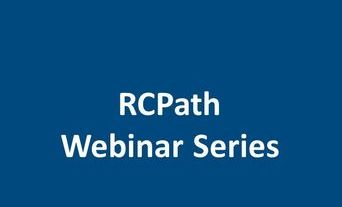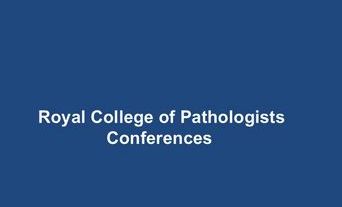Overview
The webinar will describe the use of the Inter-Organization Programme for the Sound Management of Chemicals (IPCS) guidelines in defining the mode of action (MOA) of chemically induced neoplasia in laboratory animal carcinogenesis studies. It will then go on to describe how the relevance of this MOA, to consequential human exposure, can be established. While introducing the broad steps to be taken in defining the MOA, the webinar will use specific chemical case examples of where the approach has proven to be valuable in the risk assessment process of confirming human safety of both drugs and agrochemicals.
This event will take place at 12:30pm and last approximately 1 hour.
CPD
This meeting is worth 1 CPD point (self credited).







